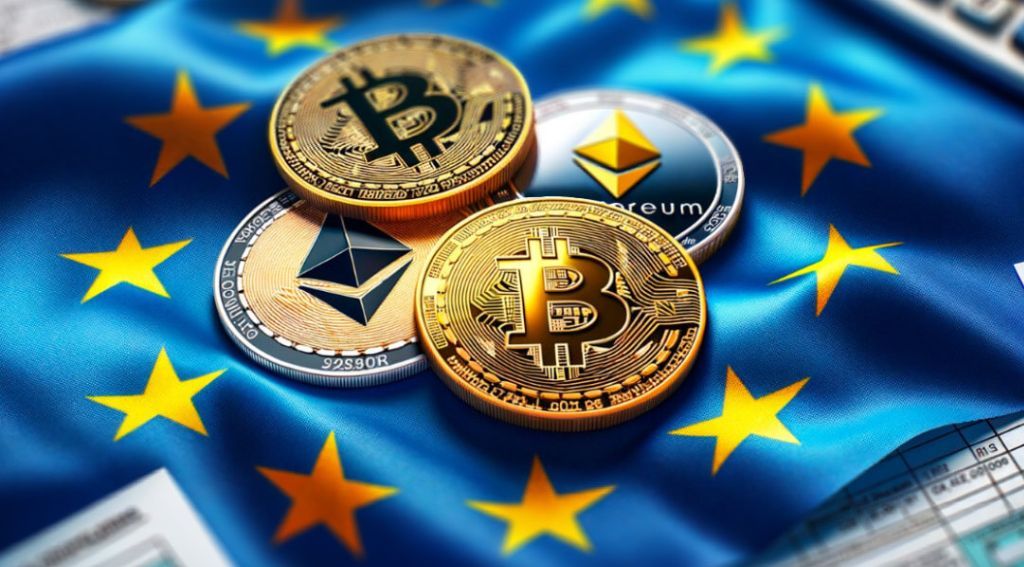
As part of the fight against money laundering, the European Union has implemented strict laws aimed at combating anonymity in transactions - both cash and cryptocurrency. These innovations are designed to close gaps that previously allowed illegal financial transactions to take place by introducing restrictions on the amount of cash transfers. Under the new rules, cash transactions above €10,000 are prohibited, and anonymous cash payments above €3,000 are now considered illegal.
In addition, updated anti-money laundering regulations now cover digital currencies , including the dynamic cryptocurrency market. In a controversial decision, the EU has banned the use of unidentified cryptocurrency wallets, including all types of digital wallets that are not serviced by licensed providers, be they mobile, desktop or browser-based.
It is expected that these updated methods of combating the death of money will begin within three years of their official announcement. However, according to legal experts from Dublin law firm Dillon Eustace, the laws will come into full force much earlier than expected.
Although these laws could potentially curb money laundering, they have been criticized. Patrick Breuer, the representative of the German Pirate Party in the European Parliament, expressed concern about how these measures could affect personal financial freedom. He insists that the ability to make anonymous transactions is a basic human right important for people's financial independence, and warns against the possible economic and social consequences of such strict EU cash policies.
The effectiveness of the new AML laws in combating money laundering remains an open question. While many see these measures as necessary, there are concerns that they may infringe on financial privacy and freedom. Of particular concern is the impact on unbanked people who rely on cash and on businesses that engage in large transactions. There are also questions about the regulation of self-custody wallets and the possibility of bypassing technologies such as decentralized exchanges or privacy-focused blockchains.
As the EU tightens controls on financial transactions, the future of cryptocurrency payments in the region remains uncertain. Beyond privacy concerns, anonymity restrictions could hamper financial inclusion and innovation, potentially slowing the adoption of digital currencies in Europe. How new anti-money laundering laws evolve will certainly have an impact on finance, technology and regulation in the future.
The EU has made a clear distinction by excluding personal transactions between individuals from the limits on cash payments. This exception recognizes the importance of cash in the daily lives of citizens, ensuring that the normal flow of personal and small financial transactions remains unchanged.
The Anti-Money Laundering and Counter-Terrorism Financing Agency will be the key focal point between national authorities to ensure the correct and consistent application of EU rules. To prevent confusion or inconsistencies in communications with regulated entities, the AML's interactions will primarily be limited to communications with supervisory authorities. Direct communication with organizations that are not under direct control will only be possible in exceptional, well-justified cases.
These exceptions are part of the EU's efforts to balance the need for stronger anti-money laundering measures with taking into account the realities of financial interactions and human rights. It is important to emphasize that although these regulations are strict, they were designed to be fair and take into account a variety of circumstances.